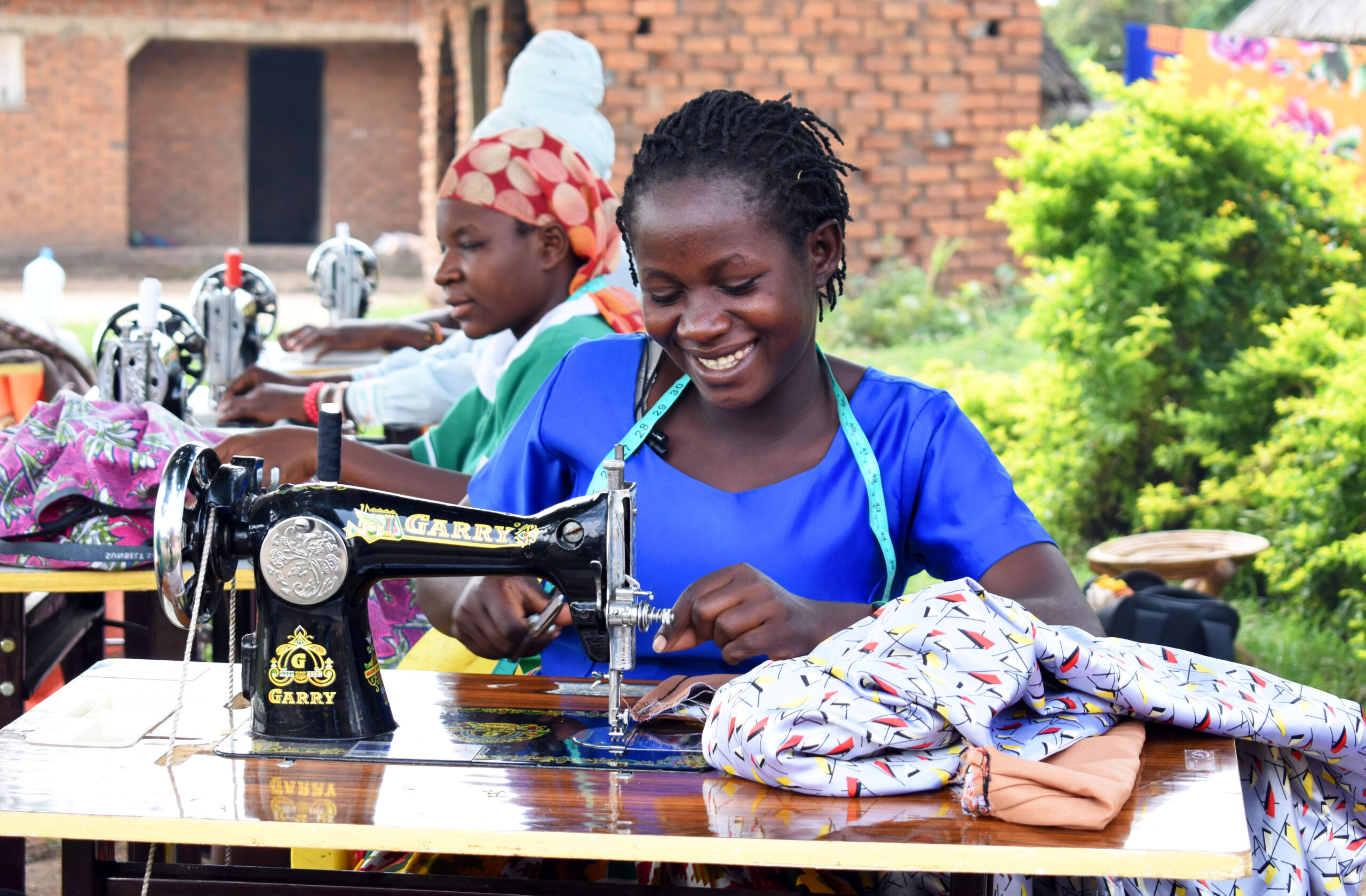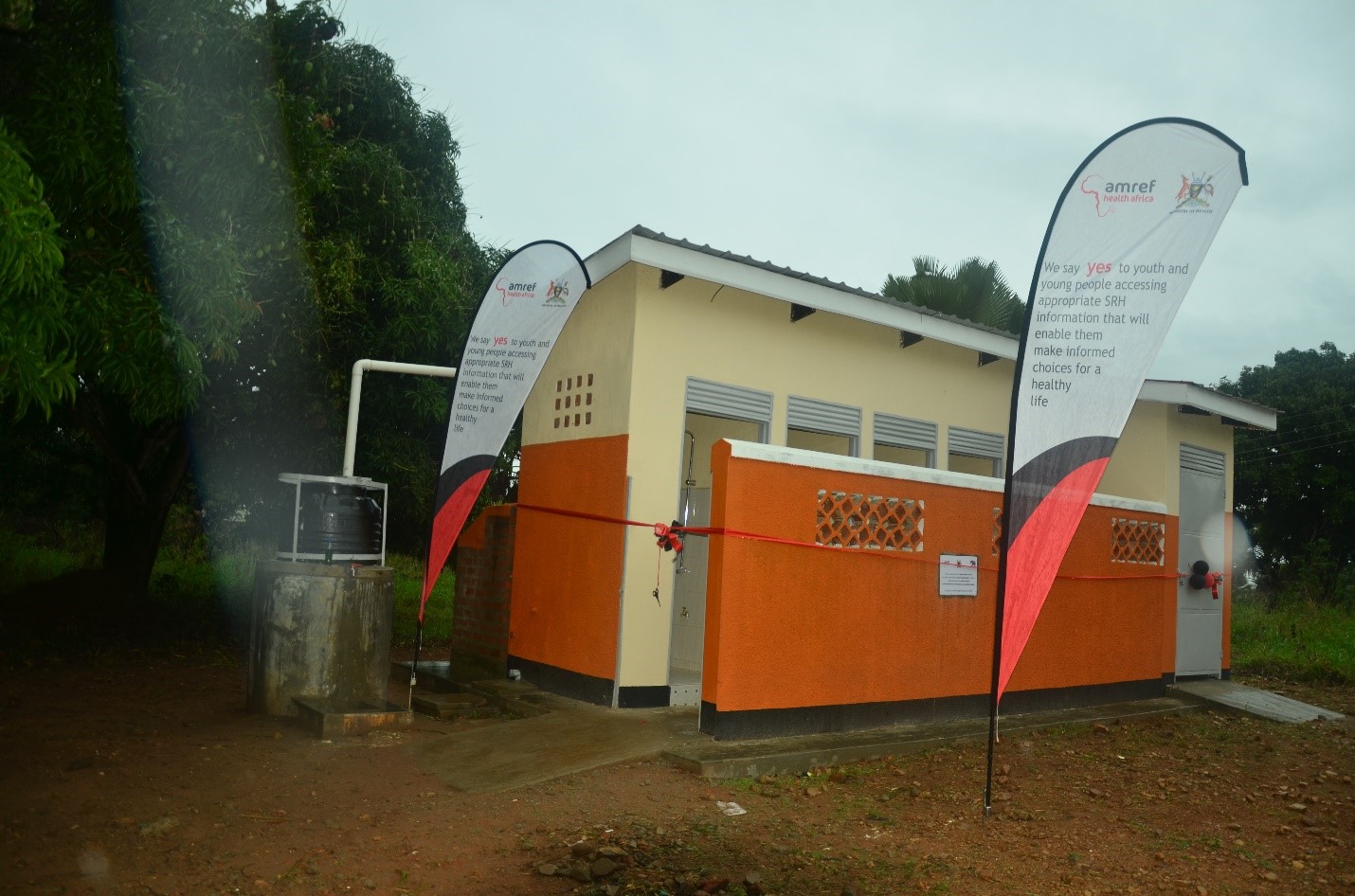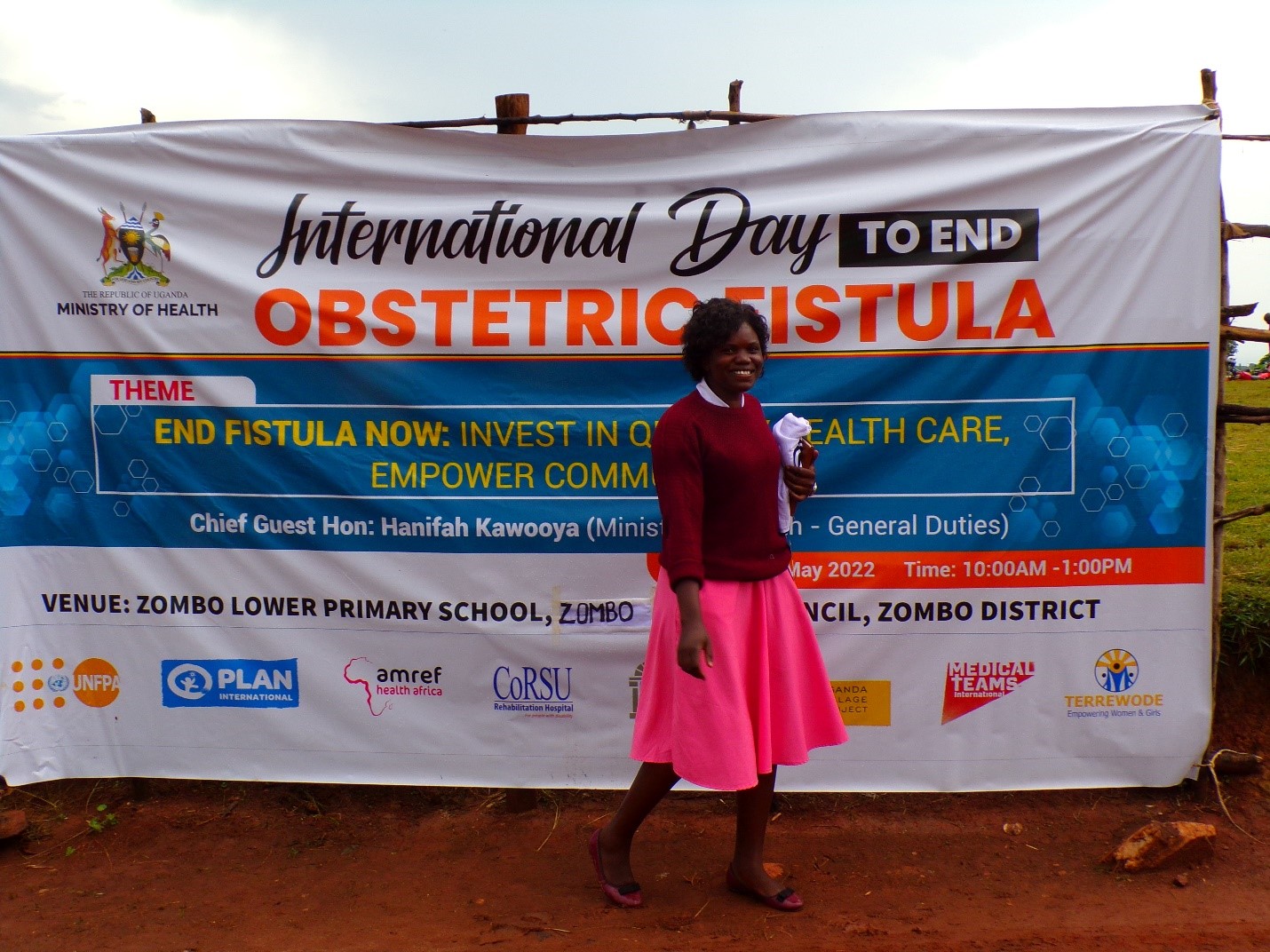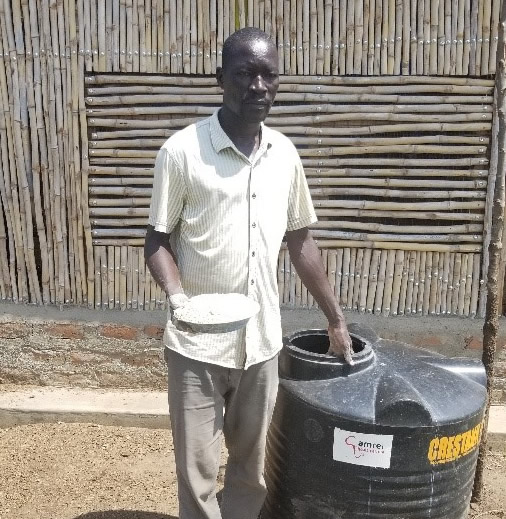Amplifying the Access to Sexual Reproductive Health and Rights Services Through Community Saving
Friday, 26 February, 2021

Sexual Reproductive Health and Rights (SRHR) continue to be among the most controversial and contentious topics in Uganda’s cultural, religious, and policy environment. This is because of the competing approaches in the policy debates that range from religious and cultural perspectives to legal.
However, a combination of factors such as limited access to a wide range of family planning services by those in need; access to sexuality education has led to an increasing number of unwanted pregnancies, among teenagers for instance, which stands at 25%. A significant number of these end in induced abortion, posing serious public health, human rights, and social equity dilemma that affects millions of women in sub – Saharan Africa, including Uganda, albeit the ambiguous regulations on abortion.
Uganda’s dwindling maternal health record is partly evident in her highest rates of unsafe abortion in Eastern Africa. The estimated rate of 54 abortions per 1,000 women of reproductive age is far higher than the average of 39 abortions per 1,000 women for East Africa. Unsafe abortion is among the leading causes of maternal morbidity and mortality in Uganda, contributing approximately 26% of the estimated 6,000 maternal deaths every year, and an estimated 40% of admissions for emergency obstetric care. It equally places a huge cost on the public health system; approximately Ushs 7.5 billion (US$13.9million) are spent annually to treat complications. Poor, rural women are at increased risk of unsafe abortion, 68–75% experienced complications, compared with the 17% complication rate for non-poor urban women.
AMREF has empowered youth and women groups with saving for health skills through training as a way of increasing on the uptake of SRHR services.

This group saves money whenever ranging from Two thousand shilling (2000) whenever they meet which is usually borrowed to seek health care services, for example, expecting mothers always borrow to cover transportation to health centers during ANC visited, during, and after delivery. The model of saving for health has helped a lot to save the lives of expecting mothers and their babies in the Amuru district the community that has been hinted at by teenage pregnancies, unsafe abortion, and drug stock outs.
Adonj Jane, a 23-year-old young mother of one (1) and of one of the beneficiaries. Said that “After she dropped out of school, she decided to join the GENE BER Youth Group to learn how to save and start up some business for myself and her baby. Joining the saving group helped her a lot during my pregnancy, she was able to borrow fifty thousand shillings (50000/= Ush) from the group which she used for transport and buying her basic needs in preparation for delivery.

The country’s restrictive on comprehensive sexuality education in learning institutions including facts on family planning and abortion laws permit the termination of pregnancies only to save the life of a pregnant woman. However, conflicting and restrictive interpretations of the abortion provisions under the 1995 Constitution of Uganda, the Penal Code Act of 1950, and National Reproductive Health Policies have created confusion about the correct legal status of terminating pregnancies.
Because the government has not operationalized Article 22(2) of the 1995 constitution of Uganda as a way of clarifying the parameters for legal abortions, healthcare providers are unable to provide safe and legal services, while law enforcement officials and judicial officers do not effectively enforce or implement laws that permit abortion, thus denying women and girls access to safe and legal services. Inadequate regulations have also led quark doctors to freely advertise abortion services without clarity on their degree or level of safety.

This environment further risks the lives of young girls and women, due to the complications that arise, thereby making unsafe abortion a public health dilemma. However, this can be averted by creating a progressive SRHR legal and policy environment as a central tenet to preventing and reducing the unacceptably high rates of maternal death in Uganda.
Amref Health Africa teams up with African communities to create lasting health change.




